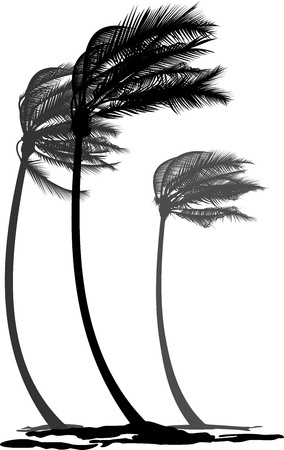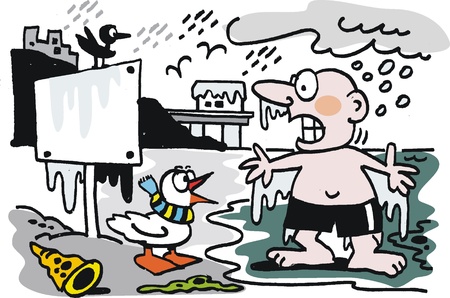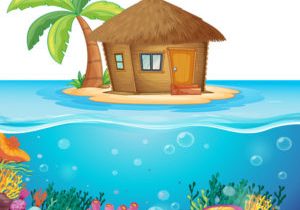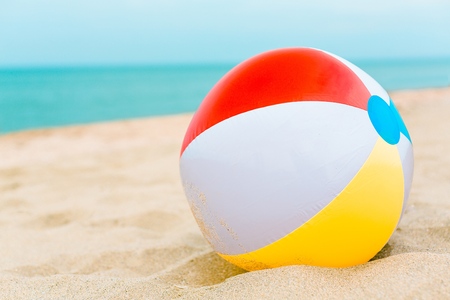Planning your trip
Fancy a snorkel holiday? A little planning can make all the difference.
Here's what to look out for.

Politics
Egypt is one of our favourite places to snorkel - but we haven't been for the last three years.
The reason? There were terrorist attacks in Egypt in October 2015 and December 2016, and an appalling attack in North Sinai in November 2017. The UK Foreign Office advises tourists not to fly into Sharm el Sheikh. Although 230,000 British nationals visited Egypt in 2016, you need to be aware of the risks.
We give up-to-date summaries of the political situation in all of the destinations we list, but you should check for yourself. The situation may have changed. Make sure that you're happy to go to the country you have chosen, and that it's safe to do so.

Climate
Yes, it sounds like a no-brainer, but you should check the monthly temperature where you're going. Is it hot enough? Too hot? Is there a monsoon? Cloudy days mean worse visibility in the sea. Onshore winds can kick up sand so it's like swimming in pea soup. Too much wind makes the sea choppy. And, er, is it the hurricane season?
You're looking for a Goldilocks destination - not too hot, not too cold, with clear skies and seas. There are months and months of perfect conditions: check our temperature charts.

Sea temperature
This one's important too, but it's very personal. Anything under 15°C is defined as cold water, which could affect your ability to swim. Or you might enjoy it. You need to find out how warm you like the sea to be.
You can wear a wetsuit, of course, but if you're looking for spontaneity, maybe just choose your ideal temperature. Some sea temperature comparisons:
13°C - UK, November.
18°C - UK, July.
22°C - Florida, March.
26°C - Caribbean, March.
General rule of thumb for us is that over 20° is manageable without a wetsuit. But everyone is different.

House reef
If you can find a hotel or an apartment which is next to the sea where there's a reef, you're in paradise. The technical term is 'house reef', and you'll find them in the Red Sea and the Maldives. There are sure to be other places too, but that's where we found the most.
The advantage of a house reef is that you can get out of your chair, wander into the sea, and be surrounded by loads of interesting fish. No boat trips, no bus journeys, just the immediate experience. The result is that you spend a lot more time in the sea. It's really good fun!

Beach or rocks?
Actually, it's rocks. A beach can be gloriously beautiful, but in terms of snorkelling it's often an arid desert. No fish, no coral, nothing moving across the sea floor: and if it's a tourist beach, it will often be full of people splashing in the shallows, which mucks up the sea and frightens away any remaining fish.
So, if you're planning a snorkelling holiday, look for a rocky shore with small beaches. Check Google Earth. And if you're on a beach, look for the rocks at the fringes. That's where the action is.

Things that bite
Check for mosquitos and other insects. Malaria and Zika virus are only two of the problems you might encounter. We show how to choose good insect repellent, but it's wise to stay away from the most infected areas.
Good idea, too, to find out the jellyfish situation. We were in Queensland, Australia, in January, and we weren't allowed to even walk in the sea because of danger from tiny 1 cm-long Irukandji jellyfish. We hadn't known about this...
Find out more about jellyfish.

Usual warning: we have made every effort to make sure this information is correct and up-to-date, but you need to check it all yourself.
© Garreg Lwyd Ltd 2018
